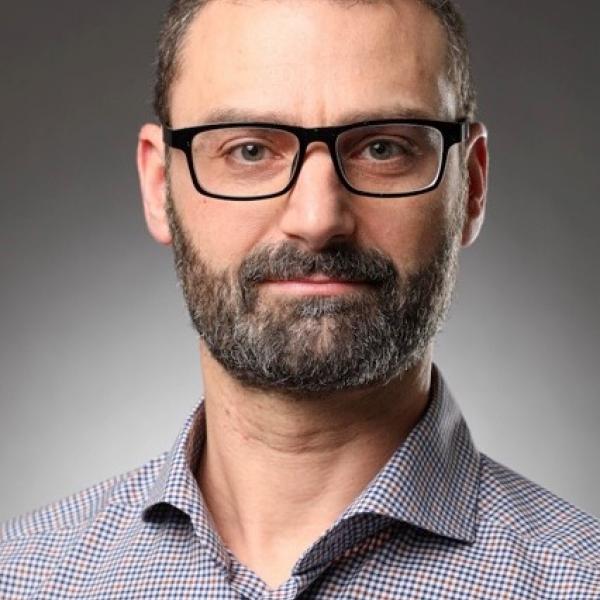Lothar Thiele

What could be more fun than working with the leading scientists in an research area that combines automation, machine learning and applications?
He joined ETH Zurich, Switzerland, as a Professor of Computer Engineering, in 1994. His research interests include models, methods and software tools for the design of embedded systems, internet of things, cyberphysical systems, sensor networks, embedded software and bioinspired optimization techniques. Lothar Thiele is an Associate Editor in IEEE Transactions on Evolutionary Computation, Journal of Real-Time Systems, ACM Transactions on Sensor Networks, ACM Transactions on Cyberphysical Systems, ACM Transaction on Internet of Things, and ACM Transactions on Embedded Computing Systems.
In 1986 he received the "Dissertation Award" of the Technical University of Munich, in 1987, the "Outstanding Young Author Award" of the IEEE Circuits and Systems Society, in 1988, the Browder J. Thompson Memorial Award of the IEEE, and in 2000-2001, the "IBM Faculty Partnership Award". In 2004, he joined the German Academy of Sciences Leopoldina. In 2005, he was the recipient of the Honorary Blaise Pascal Chair of University Leiden, The Netherlands. Since 2010, he is a member of the Academia Europaea. In 2013, he joined the National Research Council of the Swiss National Science Foundation SNF. Lothar Thiele received the "EDAA Lifetime Achievement Award" in 2015. Since 2017, Lothar Thiele is Associate Vice President of ETH for Digital Transformation.




